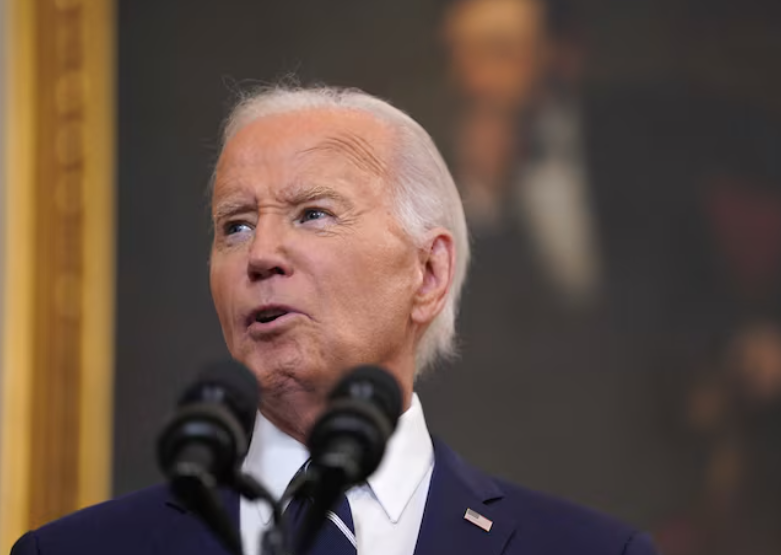President Joe Biden has canceled another $4.5 billion in student debt for over 60,000 borrowers, raising the total number of public service workers who have received student loan forgiveness to more than 1 million.
This cancellation marks Biden’s latest effort to fulfill his 2020 campaign promise to provide debt relief to millions of Americans before he leaves office in January, despite facing legal challenges.
U.S. Vice President Kamala Harris, a fellow Democrat running for the White House after Biden steps aside, pledged to continue addressing education costs if elected. She emphasized her commitment to relief for those who used federal student loans, stating, “While Republican elected officials do everything in their power to block millions of their own constituents from receiving this much-needed economic relief, I will continue our work to lower costs, make higher education more affordable, and relieve the burden of student debt.”
Wednesday’s action brings the total approved student loan relief under the Biden-Harris Administration to $175 billion for nearly 5 million borrowers, according to a White House statement. The administration has criticized the current student loan system as broken and argues that debt relief is essential to prevent financial burdens on borrowers seeking higher education.
Harris has focused her campaign on economic plans aimed at lowering living costs for middle- and lower-class Americans while boosting the overall economy. In contrast, Trump has centered his campaign on tariffs and tax cuts.
Republicans have criticized Biden’s student loan forgiveness approach, labeling it an overreach of authority that unfairly benefits college-educated borrowers while others receive no relief. Six Republican state attorneys general have challenged Biden’s plan, asserting that only Congress can act through legislation. Earlier this month, a U.S. judge appointed by former President Trump temporarily blocked Biden from “mass canceling” student loans until the lawsuit is resolved.
Biden had to revise his strategy after earlier plans faced court blockades. In August, the U.S. Supreme Court declined to revive his latest proposal, giving Republicans a boost in their efforts to thwart it.

